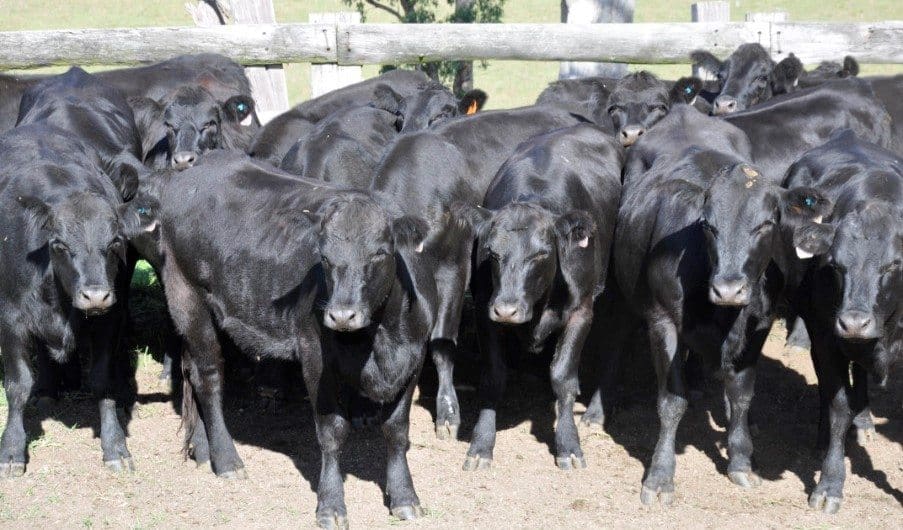AS part of this week’s genetics review, guest author Wayne Upton salutes the contrasting work being done in the genetics field by siblings, Andrew and Kath Donoghue.
While Andrew is general manager of Herefords Australia Ltd (see tonight’s second report), his big sister Kath, who hold a a PhD in genetics, is undertaking some important research through NSW DPI focused on the topical subject of genetic influence on methane production in beef cattle.
If the beef industry is to be sustainable, it must consider genetic influences other than just profit. In recent years animal welfare and environmental issues have become real considerations for the industry. “Political and social influences need to be addressed,” says Kath.
She says that one of the main outcomes of the methane project was that there is genetic variation in amount of methane produced by beef cattle, meaning that a bull buyer could choose to purchase a bull that would reduce the methane output of his herd. But it is up to the industry to decide if and when they might be interested in selecting such a bull.
While the research project measured methane output from more than 1000 animals in a dedicated research facility, there are developing technologies that allow methane output to be measured economically on more animals increasing the feasibility of measuring sale bulls for their methane output.
A second important outcome from this research is that methane output appears to be independent of other important production traits including growth and fertility.
“Cattle producers can make changes to the methane output of their herd without directly influencing other aspects of production,” says Kath.
The decision to use this technology might be driven by politics or community expectations, or a progressive company might one day bite the bullet and decide to create a niche market for greenhouse-friendly beef.

